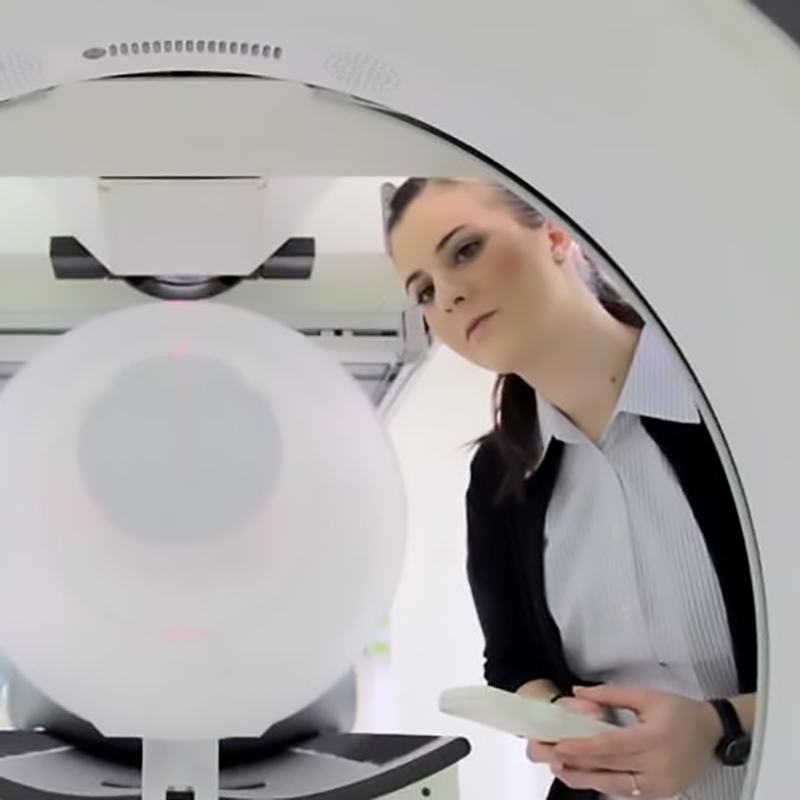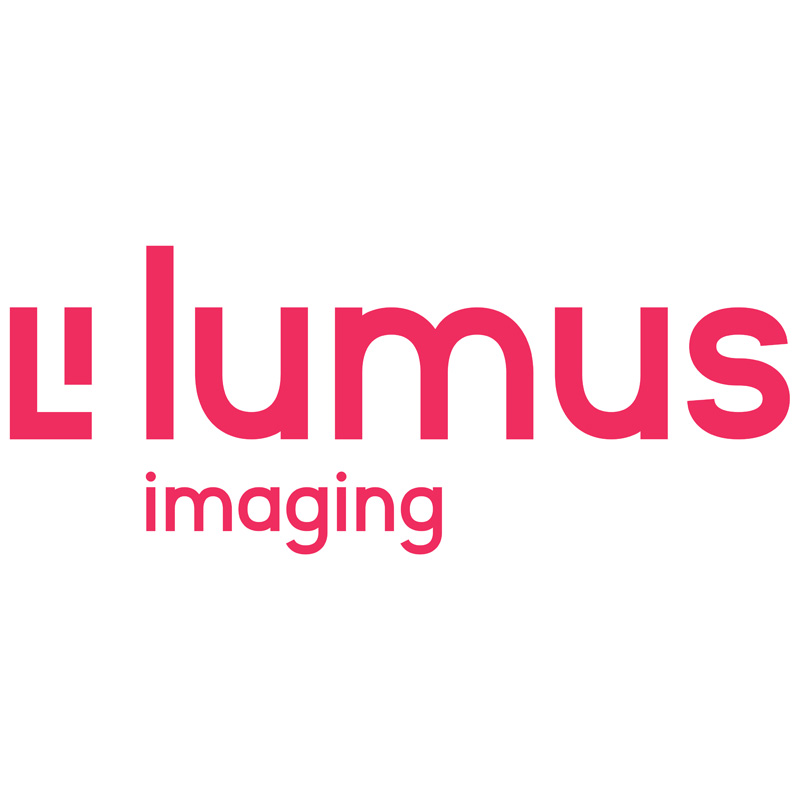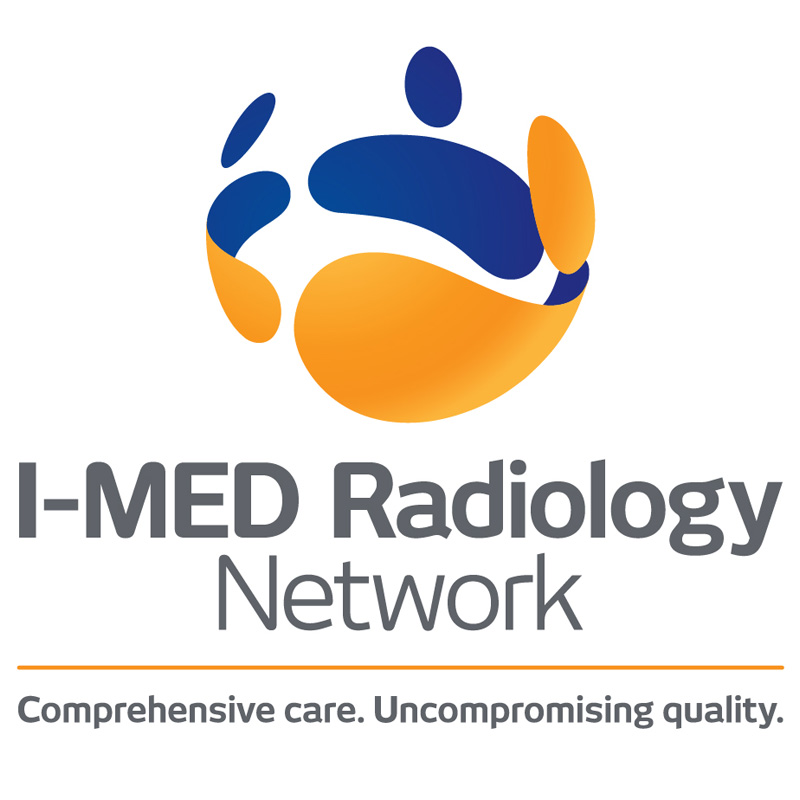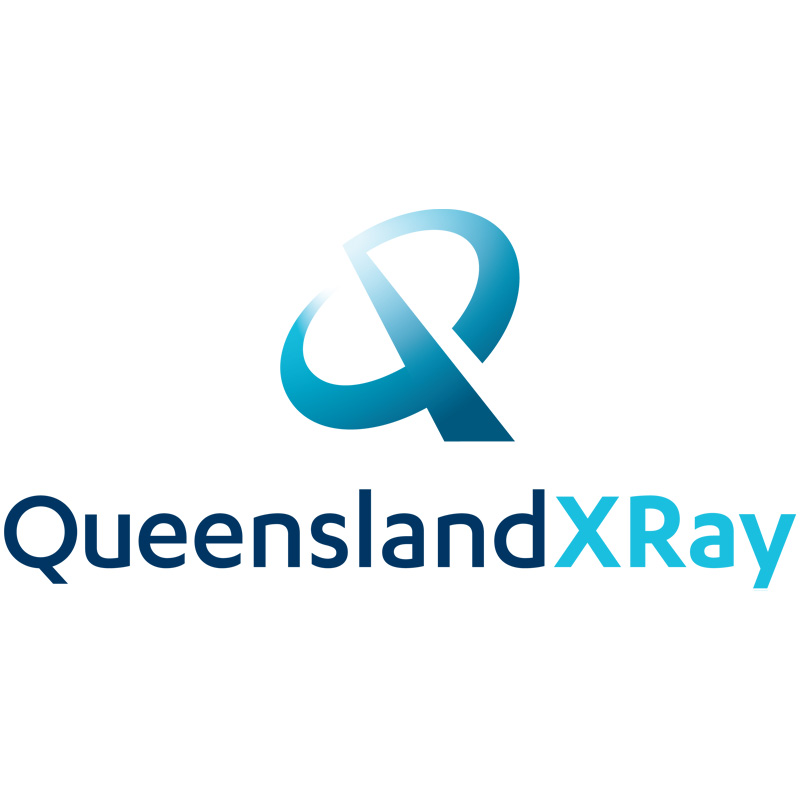
Embedded Student Model: Bachelor of Medical Radiation (Nuclear Medicine – Industry Practice)
UNDERGRADUATE

-
You're viewing program information for local students.
RMIT considers you a local student if you are:
- a citizen or permanent resident of Australia, or
- a New Zealand citizen, or
- a person seeking asylum who holds either a: Temporary Protection Visa (TPV), or Safe Haven Enterprise Visa (SHEV) or Bridging Visa E or Humanitarian Stay (Temporary) visa or Temporary Humanitarian Concern Visa.
Asylum seekers who reside in Australia and study onshore are required to pay international onshore tuition fees for higher education courses.
If you are unsure or hold a different visa type, please contact Study@RMIT for more information.
Not a local student?
-
You're viewing program information for international students.
RMIT considers you an international student if you are:
- intending to study on a student visa, or
- not a citizen or permanent resident of Australia, or
- not a New Zealand citizen, or
- not a a person seeking asylum who holds either a: Temporary Protection Visa (TPV), or Safe Haven Enterprise Visa (SHEV) or Bridging Visa E or Humanitarian Stay (Temporary) visa or Temporary Humanitarian Concern Visa.
If you are unsure or hold a different visa type, please contact Study@RMIT for more information.
Not an international student?
Student type:
- Learning mode:
- Earn and Learn
- Entry score:
Not Applicable
- Duration:
- Full-time 8 semesters (delivered in 3.5 years)
- Fees:
-
Commonwealth Supported Places
- Next intake:
- February
- Location:
- Queensland
- Learning mode:
- On campus
- Entry score:
- Duration:
- Full-time 4 years
- Fees:
- Next intake:
- February
- Location:
- Bundoora



